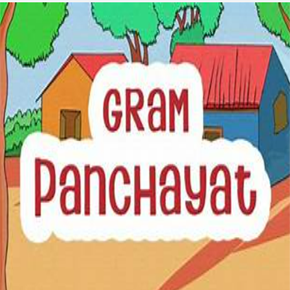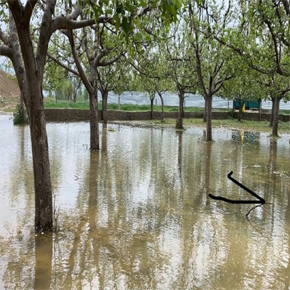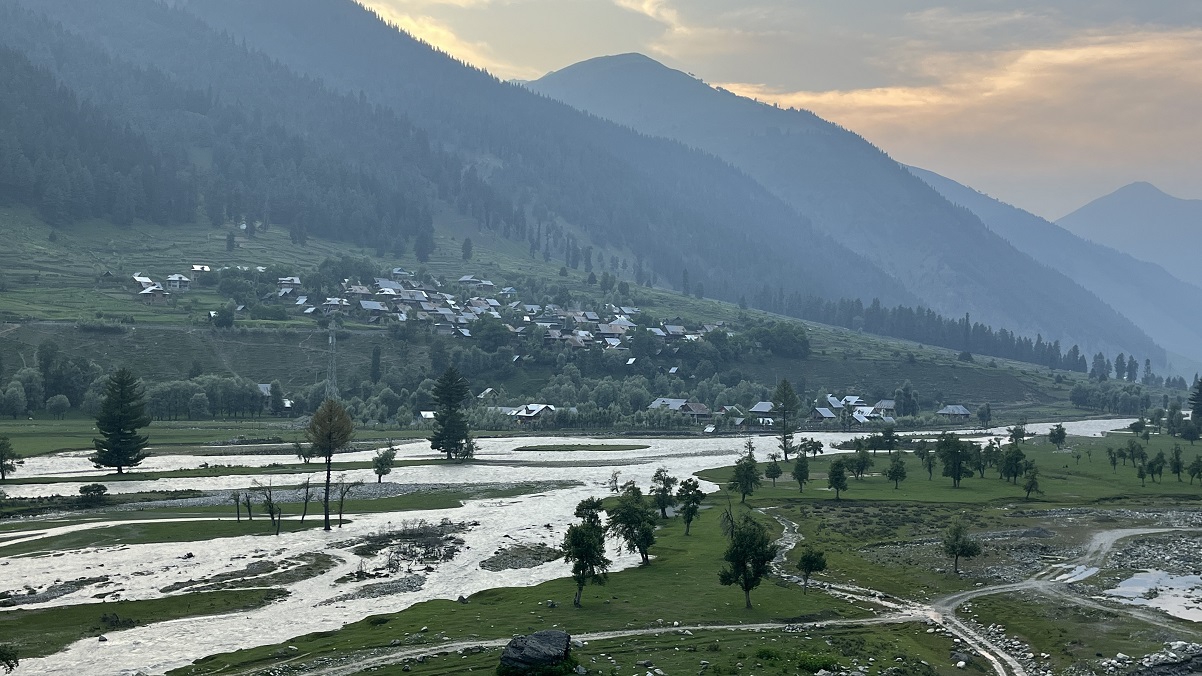Srinagar: In Digital India people of J&K unable to file online RTI application forms.
Artificial Intelligence, e-Governance, and Access to Information was this year’s theme of the International Day for Universal Access to Information (IDUAI) 2022, which was celebrated on October 28th. Artificial Intelligence and e-Governance can play an important role to improve access to information in the digital world. These things can help bridge the divide, by giving citizens access to authentic and digitally available information. This will also ensure better service delivery and citizens can easily access information from public authorities especially Govt offices. Making government services digital enhances transparency and accessibility and that is why the Govt of India launched its Digital India programme. But people of J&K are unable to benefit from the same especially when it is about seeking and providing information under Right to Information Act (RTI).
On November 30th 2021 the then Information Technology Secretary Government of Jammu & Kashmir Mr Amit Sharma, during a TV programme assured that he will soon ensure filing of applications under the Right to Information Act (RTI) through a dedicated online portal. He was responding to my question that I raised during the said TV show. In fact Mr Sharma assured that not only RTI applications will be filed through an online mode but residents of J&K can also file applications through a digital portal under the J&K Public Services Guarantee Act (PSGA) as well. It is now almost a year and the promise remains unfulfilled.
On 5th August this year Lieutenant Governor, Manoj Sinha said that in e-governance category Jammu & Kashmir stands at number one position among all the Union Territories - UTs, while it stands at number five, if compared with other states in the country. LG Sinha was speaking during the inauguration ceremony of Ujala Cygnus Kashmir Super Speciality hospital at Nowgam, Srinagar. LG Manoj Sinha’s statement is correct but what he said is related to the e-office project of J&K Government wherein more than 3 lakh files were digitised and all the work in the civil secretariat is done through a digital platform. The e-Office project of the Government is aimed at supporting the governance by ushering in more effective and transparent inter and intra-government processes. The Govt has transformed the office work completely which is now simplified, responsive, effective and above all transparent. The benefits of e-office projects are that files can be tracked and the status can be known to all at all times. The responsibility of quality and speed of decision making is easier to monitor. Data security and data integrity isn’t compromised. The e-office project promotes innovation & transforms the Govt work culture. The aggrieved citizens don’t have to move from office to office to see the status of their file. The same can be checked from a cell phone. All this is appreciated indeed but when it comes to accessing the information under RTI Act 2005 through an online mode, the Government officers seem to be reluctant to make that happen.
On January 18th 2021 this author brought the matter along with some more issues related to e-governance into the notice of Hon’ble LG Manoj Sinha when a delegation of J&K RTI Movement met him at Raj Bhavan Srinagar. In fact LG Sinha took up this issue with the Govt. Some issues related to creation of dedicated Twitter Handles for Govt offices were addressed but till date online RTI application filing hasn’t become a reality in J&K.
PIL for Online RTI application
The Supreme Court bench headed by Justice NV Ramana in 2019 issued notices to the Centre, State & Union Territories Governments after a Public Interest Litigation (PIL) was filed seeking the facility to file RTI applications through a digital platform (online). A Non Governmental Organisation, namely Pravasi Legal Cell had moved the PIL before the Supreme Court. The NGO works for legal empowerment of Non-Resident Indians (NRIs) and Indians working in foreign countries and has been doing advocacy to impress upon the state governments to allow filing of online RTI applications. Advocate Jose Abraham, the counsel of the NGO in the petition described the RTI Act as a powerful tool but said its objectives are met only if applicants get information without delay and through an electronic mode (online). Under section 7 (1) the information related to life and liberty of a person is to be provided in 48 hrs instead of 30 days and that is only possible when the RTI application is received electronically and reply also provided in the same mode (online), but when that service is not available to citizens in many states including Jammu & Kashmir, how can this legal provision be implemented on ground. This issue was raised by the NGO in its petition as well. The relevant para of the petition reads:
“One of the most effective provisions in the RTI Act is section 7(1) which states that ‘information sought for concerns the life or liberty of a person, the same shall be provided within 48 hours of the receipt of the request’ is not effective under the existing system and it severely affects the life and liberty of citizens”
In another case, in January last year the Supreme Court also issued notices to the 25 High Courts for failing to receive online RTI applications even after more than 16 years of enactment of RTI Act 2005. The notice was issued after a PIL was filed by an RTI Activist from Agra namely K C Jain in Supreme Court around 2 years back.
IPOs not available
As a long-time campaigner of the Right to Information Act (RTI), I have come to the conclusion that getting an Indian Postal Order (IPO) from a post office is a very difficult task. In my last 15 years I have not come across a single post office in a mohalla or a village that sells Indian Postal Orders (IPOs). The same is only sold either in General Post Offices or in bigger post offices. If a person from a remote village in Machil, Kupwara wants to file an RTI application, he or she will have to travel all the way from Sogam or its surrounding village to Kupwara town to get the postal order? Is this citizen friendly? Had Online RTI service been available, like in Maharashtra or many other states, a resident of Machil, Teetwal or Padder in Kishtwar could file an application under RTI Act 2005 from a cell phone sitting in his own village and Rs 10 application fees could be deducted from his / her bank account. This is so easy, but the Govt officers are not allowing this to happen in J&K. They speak about e-Governance and Digital India programmes of Govt but do not want to roll it out on the ground when it comes to seeking information under RTI or using the online portal for PSGA.
RTI Act & Online application
There is a clear provision in the RTI Act 2005 that an applicant can seek information through a written application or electronically. The Section 6(1) of the RTI Act 2006 reads:
“A person, who desires to obtain any information under this Act, shall make a request in writing or through electronic means in English or Hindi in the official language of the area in which the application is being made, accompanying such fee as may be prescribed, to (a) the Central Public Information Officer or State Public Information Officer, as the case may be, of the concerned public authority.”
When RTI Act 2005 says that applications can be accepted electronically (e-mail etc.) why are Govt offices reluctant to accept the applications under this mode or receive fees electronically rather than asking citizens to get postal orders or Demand Drafts. In many cases Govt officers tell RTI applicants to deposit the fees in Govt treasury which is not at all a provision under RTI Rules.
Conclusion
If we continue to follow obsolete ways of filing an RTI application by purchasing an Indian Postal Order, then typing the application, taking its printout & making its photocopies and then locating a post office to send the application via speed post etc, I think this is not good governance at all. Because of this difficult process many people are reluctant to file RTI applications. If Govt of India has online RTI service available for all the Ministries and Departments, why deprive people of J&K from it? The Lt Governor’s office and the Chief Secretary needs to look into it,

























































































